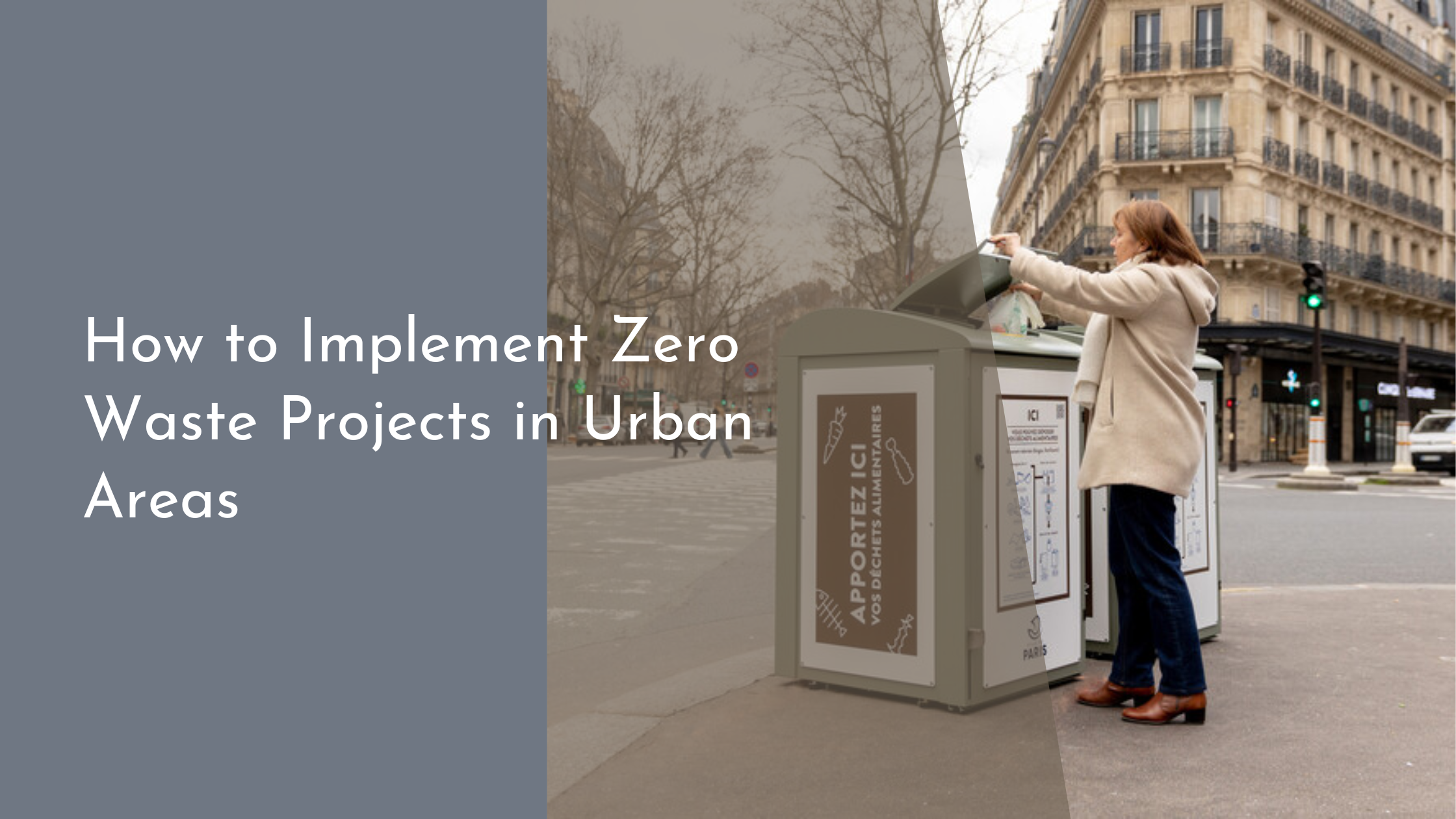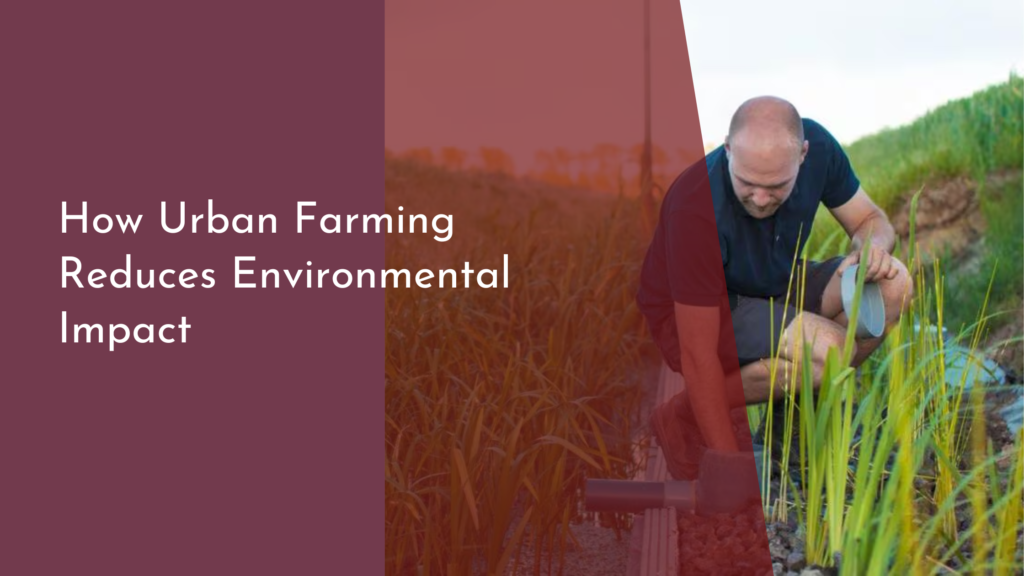How to Implement Zero Waste Projects in Urban Areas
The Zero Waste movement has gained significant momentum in recent years, garnering attention from environmentalists, policymakers, and citizens alike. As urban areas continue to grow, the implementation of Zero Waste projects is becoming increasingly important to mitigate the environmental impacts of waste production. This article explores the principles of the Zero Waste movement, examines challenges faced in urban environments, and highlights innovative solutions and strategies for engaging communities and stakeholders in the pursuit of sustainable waste management.
Understanding the Zero Waste Movement
The Zero Waste movement is an ambitious global initiative aimed at reducing the amount of waste sent to landfills and incinerators. It advocates for designing and managing products and processes to systematically avoid and eliminate waste, thereby conserving resources and minimizing pollution. This movement encourages a shift from the traditional linear economy—where products are made, used, and disposed of—towards a circular economy that emphasizes reuse, repair, and recycling. By adopting Zero Waste principles, urban areas can significantly reduce their environmental footprint and promote sustainable living practices.
A fundamental aspect of the Zero Waste movement is the emphasis on waste prevention rather than mere waste management. This involves rethinking product design, production processes, and consumer behaviors to minimize the generation of waste at its source. Education and awareness play crucial roles in this transformation, as communities need to be informed about the importance of reducing waste and equipped with the knowledge to make sustainable choices. By fostering a culture that values sustainability and resource efficiency, cities can lead the way in implementing effective Zero Waste strategies.
Key Challenges in Urban Environments
Urban areas face unique challenges when it comes to implementing Zero Waste projects. The dense population, diverse demographics, and complex infrastructure in cities can complicate waste management efforts. Additionally, habit and convenience often dictate consumer choices, leading to high levels of single-use products and packaging waste. Overcoming these challenges requires innovative thinking and collaboration among policymakers, businesses, and citizens to create tailored solutions that address the specific needs of urban communities.
One of the major hurdles in urban Zero Waste initiatives is the lack of awareness and education among residents. Many people may not fully understand the impact of their waste habits or the benefits of adopting Zero Waste practices. Furthermore, existing waste management systems can be deeply entrenched, making it difficult to introduce new practices. To effectively tackle these challenges, cities must invest in comprehensive public education campaigns, technology-driven solutions, and policy reforms that promote sustainable waste management.
Innovative Solutions for City-Wide Projects
To successfully implement Zero Waste projects in urban areas, cities are turning to innovative solutions that integrate technology, policy, and community engagement. One such approach is the establishment of city-wide composting programs that divert organic waste from landfills. Composting not only reduces the volume of waste but also creates valuable soil amendments for local gardens and green spaces. Additionally, cities can leverage smart waste management technologies, such as sensors and data analytics, to optimize collection routes, monitor waste generation, and enhance recycling efforts.
Another promising solution is the development of Zero Waste zones or districts within cities, where businesses and residents collaborate to reduce waste collectively. These zones can serve as pilot areas for testing and refining sustainable practices, such as package-free stores, repair cafes, and sharing platforms. By showcasing successful initiatives, these zones can inspire other parts of the city to adopt similar measures. Furthermore, policy interventions like bans on single-use plastics and incentives for sustainable business practices can support the widespread adoption of Zero Waste principles.
Engaging Community and Building Partnerships
The success of Zero Waste projects in urban areas hinges on the active involvement of the community and the formation of strategic partnerships. Engaging residents through educational workshops, social media campaigns, and interactive events can raise awareness and foster a sense of ownership and responsibility. Empowering citizens to participate in waste reduction efforts can create a ripple effect, encouraging sustainable behaviors throughout the community. Additionally, recognizing and celebrating the achievements of individuals and organizations that contribute to Zero Waste goals can motivate others to join the movement.
Building partnerships with local businesses, non-profits, and governmental agencies is equally crucial in advancing Zero Waste initiatives. By collaborating with businesses, cities can promote sustainable practices, such as waste audits and eco-friendly packaging. Non-profit organizations can offer valuable expertise and resources for community outreach and education efforts. Engaging government agencies ensures that policies and regulations align with Zero Waste objectives. Together, these partnerships can create a supportive ecosystem that drives continuous improvement and innovation in urban waste management.
Implementing Zero Waste projects in urban areas is a multifaceted challenge that requires creativity, collaboration, and commitment. By understanding the principles of the Zero Waste movement, addressing key challenges, and exploring innovative solutions, cities can pave the way for a sustainable future. Community engagement and strategic partnerships are essential components that empower citizens and stakeholders to work towards common environmental goals. As more urban areas embrace Zero Waste initiatives, the collective impact will contribute significantly to global sustainability efforts and the health of our planet.



